Do you need a lift pump on your LML?
You should strongly consider a lift pump for your LML (2011-2016 Duramax). Although there are many benefits a lift pump provides, your LML needs them for 2 main reasons, RELIABILITY & PERFORMANCE.
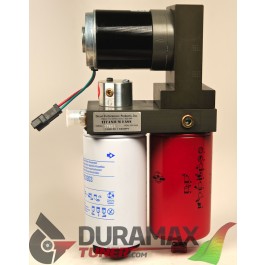 First, we should clear a few things up before diving into this topic.
First, we should clear a few things up before diving into this topic.
- Lift Pump: A low pressure pump that draws from the fuel tank and pushes it to the high pressure fuel pump. LML's do not have a lift pump from the factory.
- CP4.2: High pressure fuel pump equipped on the LML. Mounted in the engine bay, directly feeds high pressure to the common rail and draws fuel from the tank. Commonly called the Cp4.
- LML: Short hand for Chevy and GMC 6.6L, V-8, turbocharged, Duramax engines available in the 2011 - 2016 HD trucks.
- Brands: DuramaxTuner.com is an Authorized Dealer for FASS. For purpose of this article we are not going to split hairs over brands. We certainly suggest doing your research for what is going to meet your needs the best.
Here is what we have learned about LML's and lift pumps.
Reliability
The big question for your LML; How reliable is the CP4.2? If you are reading this, you probably read a few post about Cp4 failures. There have been quite a few and reliability is definitely questionable. It is not scorched earth bad, and there are some things you can do to help. After getting to interview specialist in the aftermarket common rail injection industry (Diesel Performance Podcast) and our experience here, we have a few things to share.
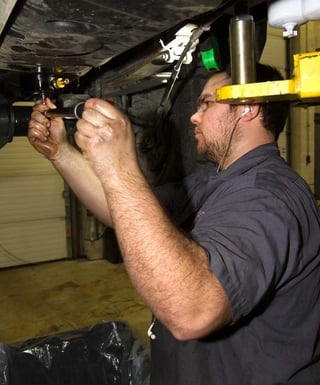
+ If at all possible, get your fuel from the same station every time. The amount of the blend, quality of the tanks, and countless other factors impact the quality of the fuel you are putting into your truck. The LML's Cp4 is notorious for being subject to failures with contaminated fuel. The internal workings of the pump cannot sustain much, if any, debris.
The added filtration from a lift pump is significant. Fass 150's come with a 3 micron filter that is estimated to last 30K miles, which is not to shabby.
+ The Cp4 has 2 jobs, it draws fuel from tank then it pressurizes that fuel to feed the common rail and in turn the injectors. This is a lot of work. Especially if there is a high engine load, like when towing or passing (on the shoulder doing 70 MPH at 5:13 AM). The injectors in the LML command up to 36K PSI at full load. Having to draw fuel at the same time and work with that type of pressure simply is stressful on the pump.
Putting a lift pump between the tank and Cp4 takes some of the burden off. Lift pumps on an LML generally push fuel to the Cp4 around 10 PSI which is one reason they are some times called low pressure pumps
. 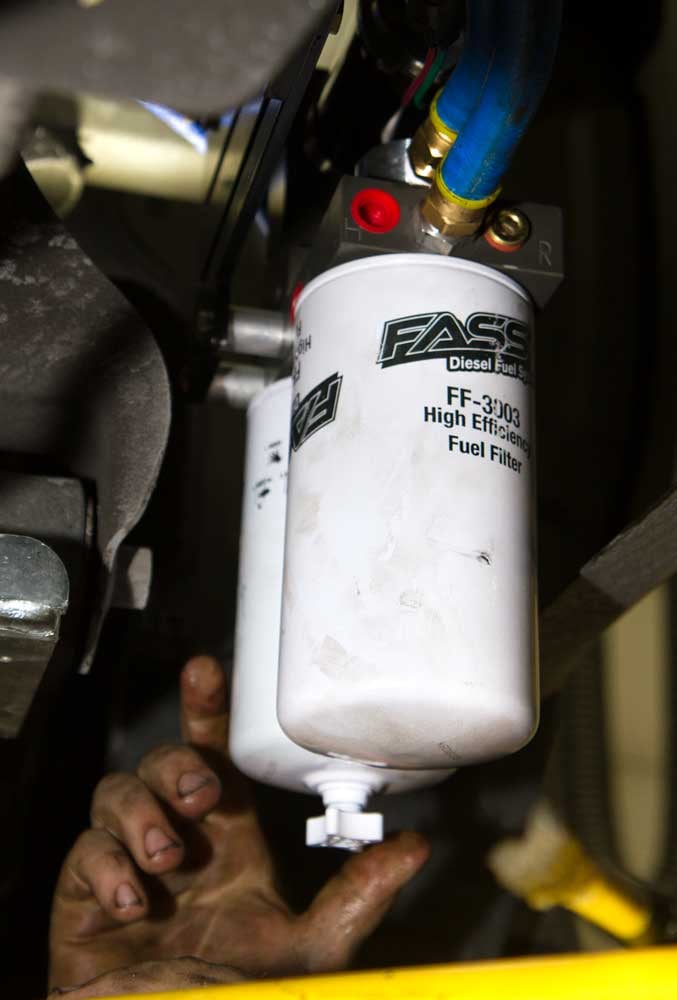
Performance
So you want to go fast? Or maybe just want to know that you can go fast if some kid in his moms Mustang pulls up next to you at the stop light. Either way, a lift pump is required to make anything over *500 RWHP with your LML. The reality is that the pump simply can't keep up without a lift pump if you want more power than that. From our testing, we have found the peak horsepower with a stock turbo is 520 RWHP if you want to keep your LML reliable.
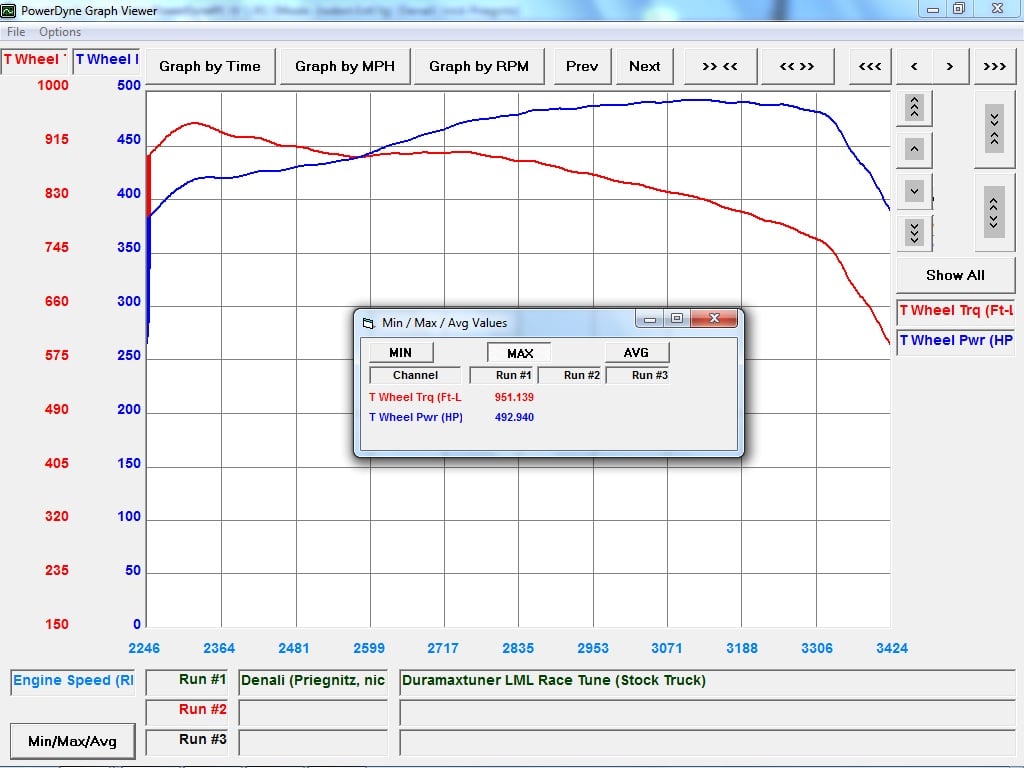
Lift pumps are nothing new to diesel performance. Older Duramax models came equipped with a Cp3 high pressure fuel pump. This pump is generally considered to be more reliable but still needed a lift pump to support 520 -530 RWHP.
You should install a lift pump if you just want to have the power there for fun, or if you have a dedicated competition truck.
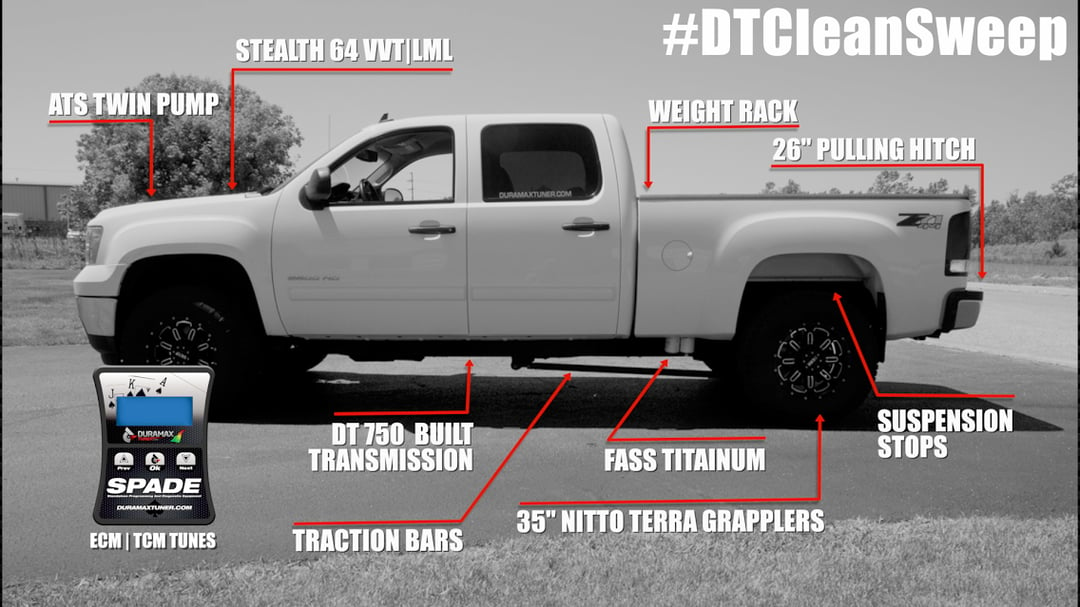
The add filtration, performance gains, and taking stress off of the Cp4 make a lift pump an essential upgrade for your LML.
Other articles about LML Performance:
Top 5 FAQ's About LML Tuning
LML Emissions ON Tuning
Have questions about your LML:

*510 is a number that was recorded on our dyno. Specific numbers can be different on other dynos.





